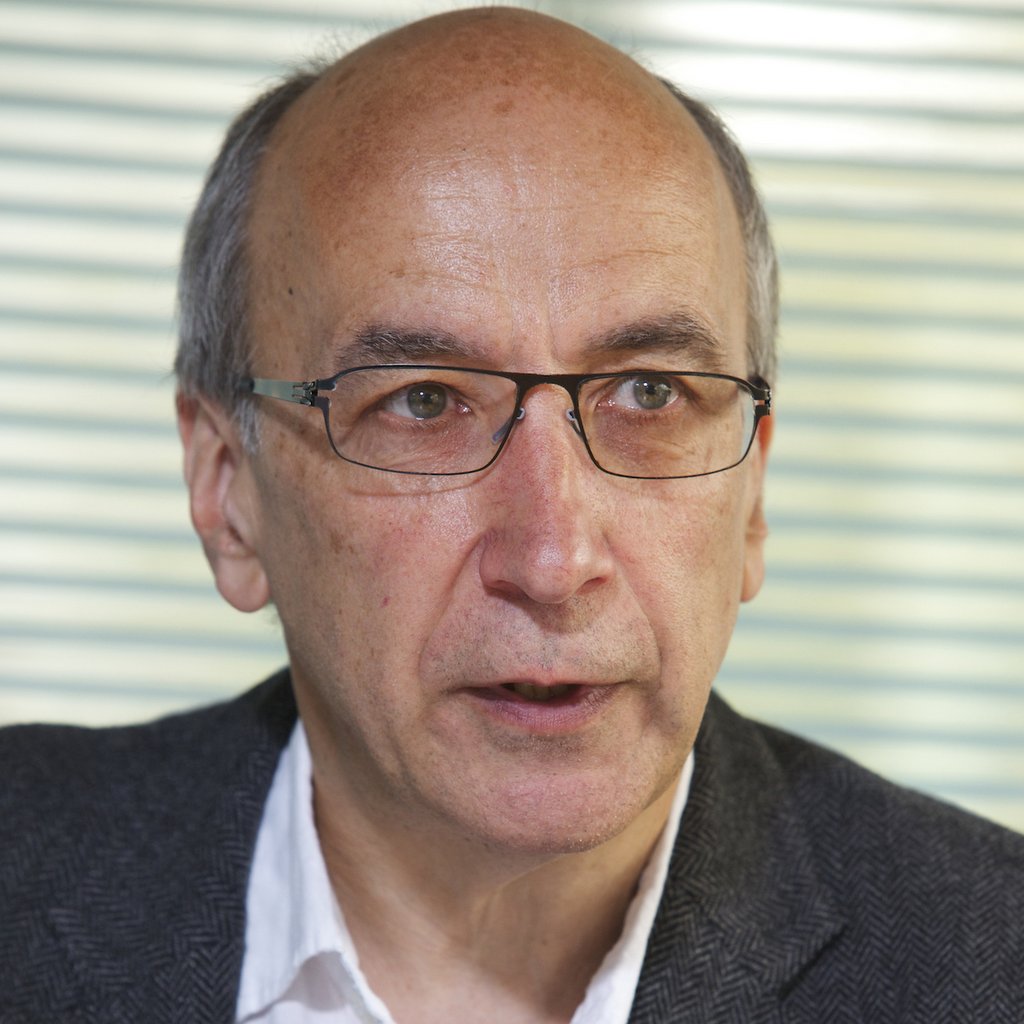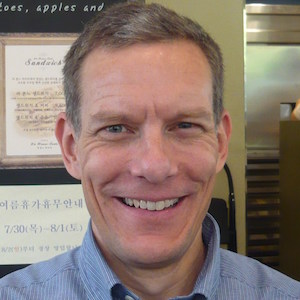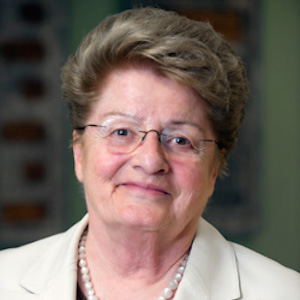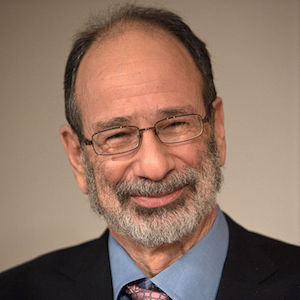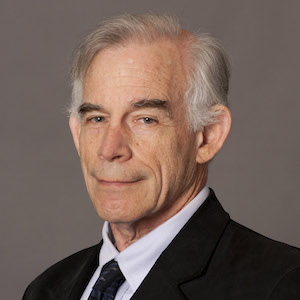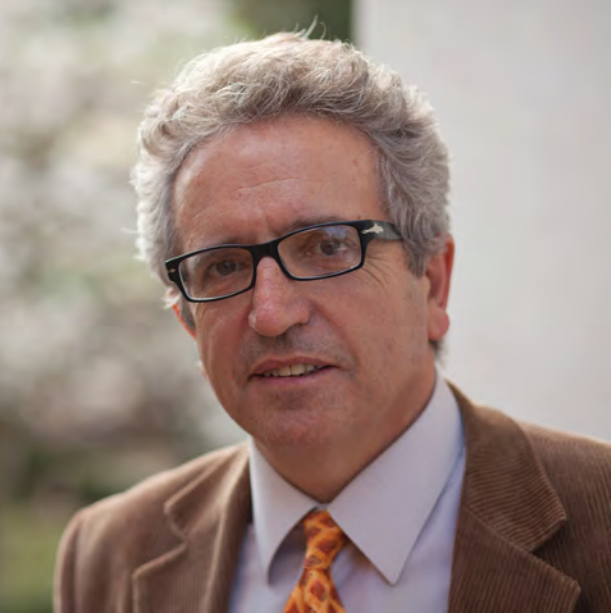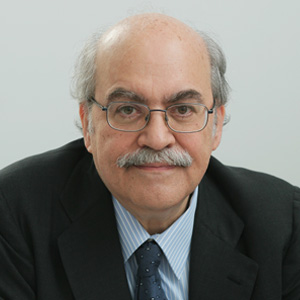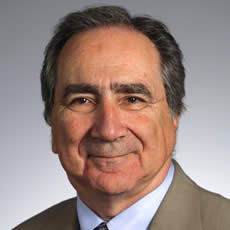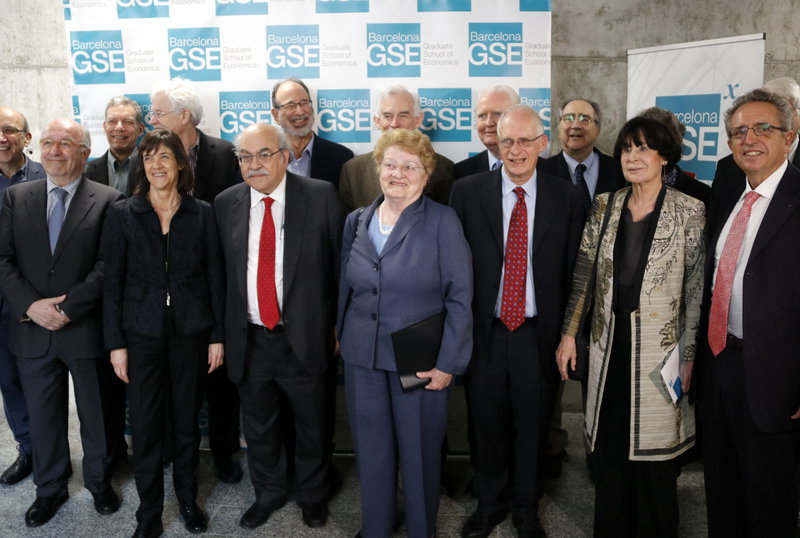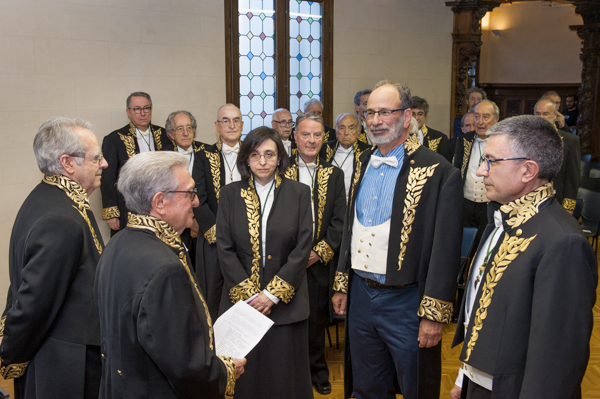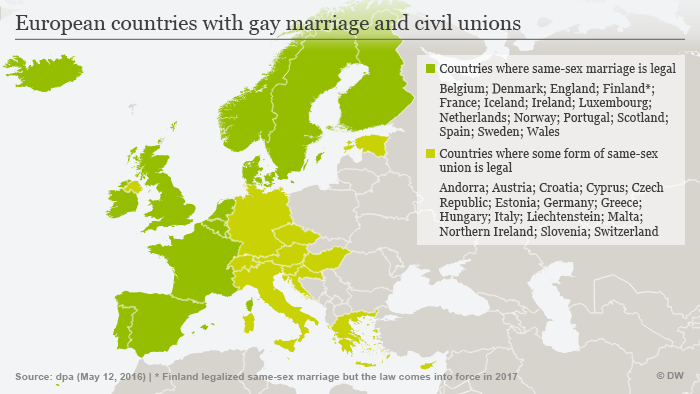The Barcelona Graduate School of Economics is 10!
There are a number of events and workshops.
*****************
Here's a news story (courtesy of Google translate):
The center of the UPF and UAB, founded by Andreu Mas-Colell has trained 2,000 students from one hundred countries and ranks as one of the best economic research institutes in the world
BGSE 10th Anniversary celebration reunites more than 350 people who have shaped our first decade
There are a number of events and workshops.
Share your memories from the Barcelona GSE's first ten years: #BGSE10
© Barcelona Graduate School of Economics. All rights reserved.
Here's a news story (courtesy of Google translate):
The center of the UPF and UAB, founded by Andreu Mas-Colell has trained 2,000 students from one hundred countries and ranks as one of the best economic research institutes in the world
BGSE 10th Anniversary celebration reunites more than 350 people who have shaped our first decade
